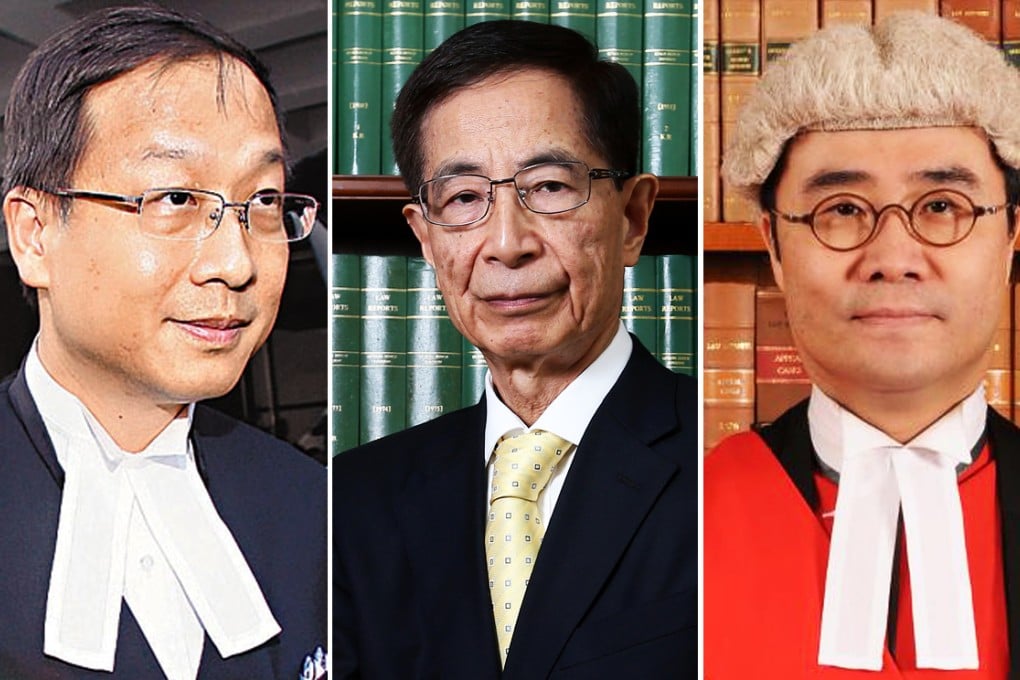Role of Hong Kong judiciary under debate in reform row
High Court to decide whether to allow a judicial review challenging two contentious government reports to Beijing about Hong Kong democracy

The courts should not entertain a challenge to two government reports about Hongkongers' views on universal suffrage arrangements because no judicial ruling would change the minds of Beijing or local lawmakers, the High Court heard on Wednesday.
Allowing a judicial review could also "take the judiciary into the political arena", Benjamin Yu SC, for the Department of Justice, warned.
The hearing would risk becoming "a forum for parties to bring in their grievances or ventilate their political point of views", he told Mr Justice Thomas Au Hing-cheung in the Court of First Instance.
But Martin Lee Chu-ming SC, for review applicant and Cheung Chau islander Kwok Cheuk-kin, urged Au to grant the review.
The court had a role to play if it was "reasonably arguable" the government had not consulted the public or summarised their views in its reports in a fair manner, Lee, also the Democratic Party's founding chairman, said.
"The subject matter is highly political [but] we are not asking the court to go into the political arena," he countered. "We are just asking it to look into the [documents] and see whether [they are] fairly constructed."
At the centre of the debate are two documents compiled separately by Chief Executive Leung Chun-ying and a ministerial-level reform team in July. The reports were based on a five-month public consultation that ended in May, summarising views on how to elect the Legislative Council in 2016 and the chief executive in 2017. Both reports were submitted to the National People's Congress Standing Committee, which on August 31 laid down stringent conditions for Hong Kong's electoral reform.